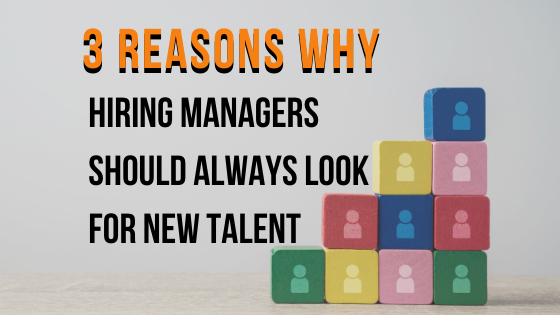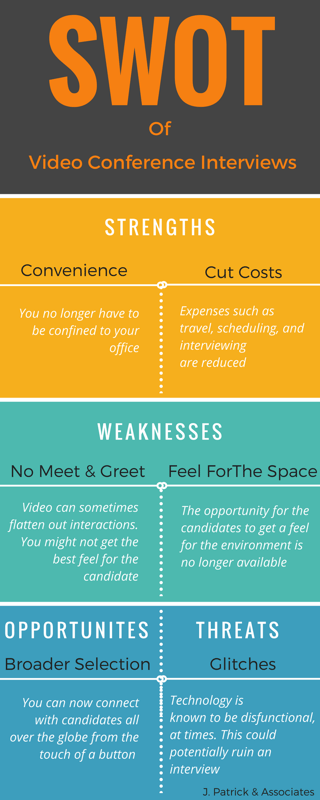
The road to a job offer and the Sales Engineer interview process can look a bit different from other roles after the initial stages.
After impressing the hiring manager during your call or video interview, you've had a technical screen, interviewed with a senior sales engineer or perhaps some peers. You might have even been screened by 1 or 2 of the sales reps you'd be supporting.
Now it's time to clear the final hurdle of the interview process -- the product demonstration interview.
Whether you've been a SE for years, or this is your chance to step up into the role, there are some key factors to keep in mind as you prep for the demo.
The Ideal Candidate Marries Aptitude + Attitude
The ideal candidate for any SE role obviously has to have the technical knowledge and capability to support the product. But you know if you hadn't passed the technical screen you wouldn't be preparing to give a demo, so you clearly are at least minimally competent.
So, your job during the presentation goes way beyond being able to explain the back end of the product. The real point of the demonstration interview is demonstrating that, along with possessing technical know-how, you are relatable, passionate and creative.
Hiring managers are looking for SEs who can make the product accessible and comprehensible while instilling trust in the clients. Your job is to be an evangelist for the product by transferring your enthusiasm and telling a story that explains why this specific product is the perfect solution for the customer.
Conveying that you have the perfect combination of aptitude and attitude during your presentation will put you within reach of an offer, and the best way to do this is with a little narrative flair. You don't have to win a Pulitzer, but you should organize your presentation like a story with an identifiable beginning, middle, and end.
Confidence is Key
Since you aren't doing a demonstration for customers, you don't have the benefit of discovery or a pre-call. And while you will have done your research on the hiring team, you're not pitching the product to fill a technological need for them. In fact, you might even be in the position of having to demo the hiring company's product for them. Your focus should be on making yourself as appealing as possible, and using the product as a means by which to do so.
This does, to some extent, put you at a disadvantage. You've likely become accustomed to being the expert in the room, and suddenly you're in the position of having to sell to people who know more about the product than you do.
Cast in a different light, however, even if your product expertise does not equal that of the hiring team, your knowledge of yourself far supersedes theirs. This means you can still knock the demo out of the park.
And the key is confidence.
We're not talking cocky swagger here. This is a confidence born of practice, research, and intentionally constructed preparation. It is the evident ability to hold to your agenda and convey your enthusiasm, creativity, and competence.
In some ways, a room full of skeptics is the best test of your talents. If you can convincingly sell a panel of Senior Sales Engineers, the VP of Sales and the hiring manager on their own product, then you can face the toughest customer challenges out there.
Share Your Passion
If your sales engineer demo is on a product of your choice, choose something you're passionate about. Pick something you've researched deeply and can discuss with a convincing degree of authority.
We once had a candidate do a demo on remote-controlled helicopters - a subject that had absolutely nothing to do with the company's product, but was one for which he could be an evangelist. His passion and knowledge were on full display, and he expertly showcased the true object of the demonstration, namely himself.
He nailed the demo and got the job.
Close the Deal
Whether you're presenting on your current product, the hiring company's product, or your favorite hobby, a successful Sales Engineer knows how to adapt to any set of circumstances.
You might not end your demo looking for the sale, but you do want to bring the pitch to a clean close. Just as you know how to convert prospects into customers from a position of knowledge that offers a solution, you can use that power of creative know-how to get the job by optimally presenting yourself.
Engage with the room honestly and personally, stay on target, explain the functionality of the solution, and convey your passion for helping your interviewers put a solution to work.














.png?width=693&name=that%20Can%20Ruin%20Your%20INterview%20(1).png)

.png?width=800&name=7%20Hottest%20Jobs%20For%202020%20(1).png)
